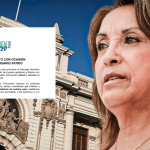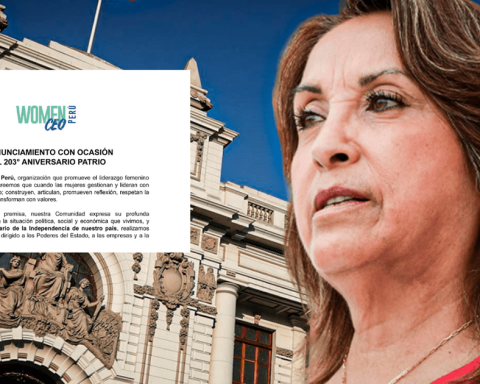The Law to Regulate Financial Technology Institutions, also known as fintech law of Mexico, was published in March 2018 and became a pioneer regulation of its kind within Latin America; However, five years after its entry into force, it no longer corresponds to the reality of the Mexican fintech market.
From its entry into force to date, the actors of the fintech ecosystem have identified areas of opportunity in the law for its updating and improvement, for example, in times of authorization, publication of secondary laws and competition issues.
“It is fair and necessary that the financial authorities carry out an evaluation of this regulation, that they really trigger the benefits that fintechs have to offer Mexicans. There are provisions pending to be issued and there is even a lack of definition of criteria, the absence of which causes this legal certainty that we have to be lost”, commented Ernesto Calero, president of the Fintech Mexico Association.
current numbers
Currently, 49 entities have been counted with the definitive guarantee to operate under the Fintech Law, of which 32 belong to the figure of Institution of Electronic Payment Funds (IFPE) and 17 to that of Collective Financing Institutions (IFC).
According to data requested by transparency, these 49 entities barely represent 31% of the 157 applications submitted to the National Banking and Securities Commission for authorization.
Likewise, the regulator has received 8 requests to operate under the concept of Novel Model (sandbox); however, a large part of them have given up due to not being clear about this chapter of the law, which was established to give entry to innovations that still do not fit into any financial regulation.
“Although there is a regulation in this regard, to date the financial authorities have not been able to authorize any (of novel models), the provisions themselves are restrictive, adjustments have to be made to make a much friendlier scheme,” Calero indicated.
In this sense, Jorge Ortiz, executive director of the Tan Tan firm and founder of Fintech Mexico, agreed that a review of the sandbox model is necessary to verify in which aspects it is necessary to make adjustments.
“Although it was a great contribution to the Mexican legal system, it has not been successful since there is no (authorized) project,” Ortiz explained.
No business for IFPE
Although, for the IFPE model, the regulations were attractive at the beginning, proof of this is the incursion of large firms such as Oxxo or Mercado Libre into it, an update to its regulations is necessary, so that the firms have more possibilities to create functional businesses.
“The activities that IFPEs are allowed to do are very restrictive, it is necessary to evaluate what must be updated to make them profitable. If we add to the restrictions competition issues such as the second cloud and the absence of a guarantee such as insurance, there is no way for them to be profitable,” Calero explained.
A few days ago it was announced that the giant Walmart would acquire an authorized IFPE, but weeks before, the firm Trafalgar Digital, one of the first authorized companies, announced a pause in its operation, without explaining the reason.
Another of the pending issues for the Fintech Law is related to cryptocurrencies and digital assets in general, where the need for an update to the regulations has been pointed out, after some years ago Banco de México established that these tools must be have a distance from the traditional financial system.
Expectation for open finance
Regarding open finance (open finance) contemplated in article 76 of the Fintech Law, expectations are wide due to the potential benefits that this model can generate for the financial system in general and its users.
The regulations provide for three types of data to be exchanged:
- Open financial, that is, location of branches or ATMs.
- Aggregate data, which is the operational statistics of financial institutions.
- The transactional information of its users, as long as they grant permission to do so.
So far, the National Banking and Securities Commission (CNBV) has issued the secondary provision regarding open data from ATMs and other products and the publication of the rules for the exchange of transactional data is expected from the end of 2021.
“There is already a fully operational ecosystem with clear rules and so on; however, the model must be accelerated, where the offer or creation of products or services is detonated and where the winner is the end user”, expressed Ortiz.
According to what Calero mentioned, it is crucial that these changes materialize before the arrival of a new electoral process, since later, it will be difficult to place these issues on the legislative agenda and on the priorities of the next governments.

















